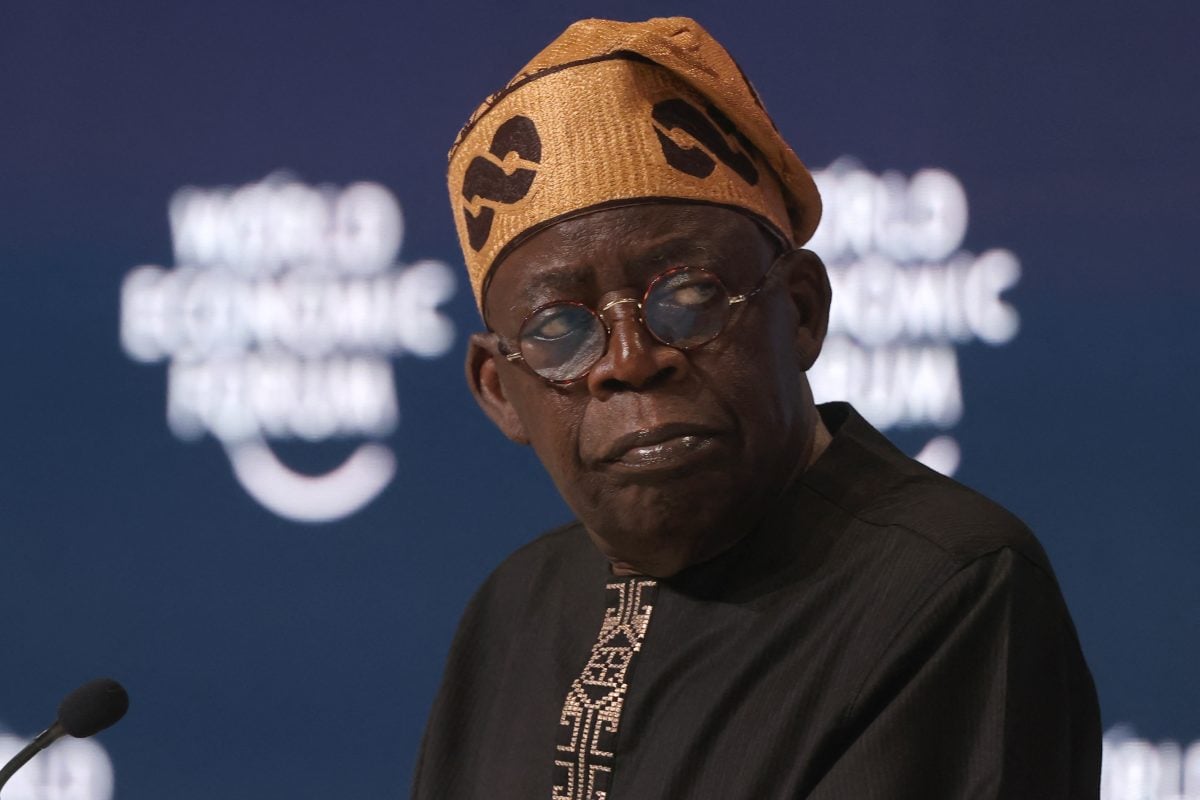When Nigerian President Bola Tinubu sent four tax bills to lawmakers last year, his plans went beyond merely trimming and streamlining the country’s tax laws. He also wanted to change how tax revenue was shared among the country’s states.
As it unfolded in parliament, the first part was the easier one. The second part met with stiff opposition from poorer northern states which support the existing dispensation, forcing Tinubu to settle for a watered-down version.
The new laws passed by the legislature and signed into law by Tinubu include the Nigerian Tax Act, which combines all the country’s taxes into one document, bringing down to single digits the more than 60 separate pieces of tax legislation that previously existed. The Nigerian Tax Administration Act stipulates how the taxes will be collected and distributed; and the Joint Tax Board creates a forum for federal, state and local governments to deliberate on tax matters. The Nigerian Revenue Act replaces the Federal Inland Revenue Service with the Nigerian Revenue Service.
States’ shares
What would have been Tinubu’s most consequential reform was the attempt to change the formula for distributing revenue from sources such as value-added tax among the 36 states. The formula inherited from the country’s past years of military rule specified that states were guaranteed only 20% of the funds generated from their jurisdiction; 30% was shared based on the relative sizes of the states’ populations, and 50% was shared equally among the states. This meant that states such as Lagos, the country’s commercial capital, and Rivers State, which includes the petroleum-industry hub of Port Harcourt, got only a small fraction of the revenue derived from their jurisdiction. For instance, the coastal state of Lagos, which contributed 2.27 trillion naira ($1.47bn) to the value-added tax pool last year, could only get 460bn naira ($297m) under the old sharing structure. Rivers received 188.7bn naira ($77m) out of the 832.7bn ($538m) it contributed.
The northern state of Kano, meanwhile, received 117.2bn naira ($75.8m) though only 77.8bn naira ($50.3m) was collected there in value-added tax. Several states, both from the north and the south, received multiples of what they actually collected, subsidised mostly by Lagos and Rivers states.
Tinubu backs down
Tinubu’s attempt to switch to a new formula that gave states 60% of their value-added tax, leaving 20% to be shared based on population and the remaining 20% split equally, drew opposition, mainly from lawmakers and states in the north.
“With an eye on his re-election in 2027, going through with those provisions became politically risky for the president,” says Eric Orji, a Lagos-based political risk analyst. “Most of the votes that won him the 2023 election came from the north.”
The compromise now signed into law in May gives states 30% of the revenue collected in their territory; 20% will be split on the grounds of relative population size, with 50% left to be shared equally among the states.
The vehement opposition in the north to any change in the distribution equation is a reflection of both economic and political realities. Northern Nigeria has a higher poverty rate (around 80%) than the south and is less industrialised, accounting for the smaller tax revenue. Most of the states in the region depend on federally distributed funds to run their bureaucracies and stood to lose out by the suggested changes.
Low earners to benefit
Still, the Tinubu administration was able to bring significant reforms to the old tax law in areas that were less politically sensitive. New rules introduced in the new tax laws essentially excuse those earning the minimum wage from paying taxes. The category of people required to pay personal income tax was changed from those earning 3.2m naira ($2000) annually to those earning 9.6m naira ($6,200) or more. Those who earn more, now classified as high income, are required to pay a 25% tax rate.
What goes for the individual, relatively speaking, also goes for businesses. Only enterprises with revenue of more than 50m naira ($32,300) a year are now required to pay company tax. Medium-sized and large corporations operating in sectors considered strategic to the economy will pay a 25% tax, with only those outside that classification required to pay the old 30% tax for corporate organisations. Numerous other levies that added another 4% to the tax rate are now consolidated into a single 2.5% levy that will constitute the fund for student loans.
Changes were also made in the administration of withholding taxes, cutting the tax on commission, consultancy and technical management fees to 5% for Nigerian businesses. Non-resident companies will continue to pay the old 10% rate. A similar dichotomy was also applied to the payment of brokerage fees, with Nigerian residents paying 5% against a 10% rate for non-residents.
The urgency of reform
The tax reforms came at a pivotal time for Nigeria. Oil and gas exports, which have been the main source of government revenue for decades, are losing their primacy. The changes were meant not only to simplify the country’s taxes but also to improve revenue collection. That strategy worked for Tinubu when he was the governor of Lagos, Nigeria’s richest state and that which includes the sprawling metropolis of more than 15m people. Enhanced tax revenue in Lagos enabled Tinubu and his successors to sell bonds that were used to fund the city’s metro project.
It is an approach the government wants to adopt on a national scale to raise funds to lay infrastructure foundations to enable the country to diversify away from oil dependence. Nigeria’s declining oil receipts have made the situation even more urgent, with the country struggling to meet its OPEC quota in the last four years due to endemic oil theft and sabotage in the Niger Delta oil region.
Nigeria experienced a 76% surge in tax revenue to 21.6 trillion naira ($14bn) in 2024 from the previous year on improved collection and administration, raising the tax-to-GDP ratio to 10.3% from 8%. That still lags the African average of 15.6% and the global figure of 19%, prompting the Tinubu government to set an ambitious target of 18% by 2026, to be achieved through improved collection and administration without increasing the tax rate, officials say.
“Tinubu’s approach to tax appears to be working well, at least for now,” says analyst Orji. “But the government should also prepare for more scrutiny because the more people pay taxes, the more questions they’re likely to ask of the government.”
Want to continue reading? Subscribe today.
You've read all your free articles for this month! Subscribe now to enjoy full access to our content.
Digital Monthly
£8.00 / month
Receive full unlimited access to our articles, opinions, podcasts and more.
Digital Yearly
£70.00 / year
Our best value offer - save £26 and gain access to all of our digital content for an entire year!

 Sign in with Google
Sign in with Google 



